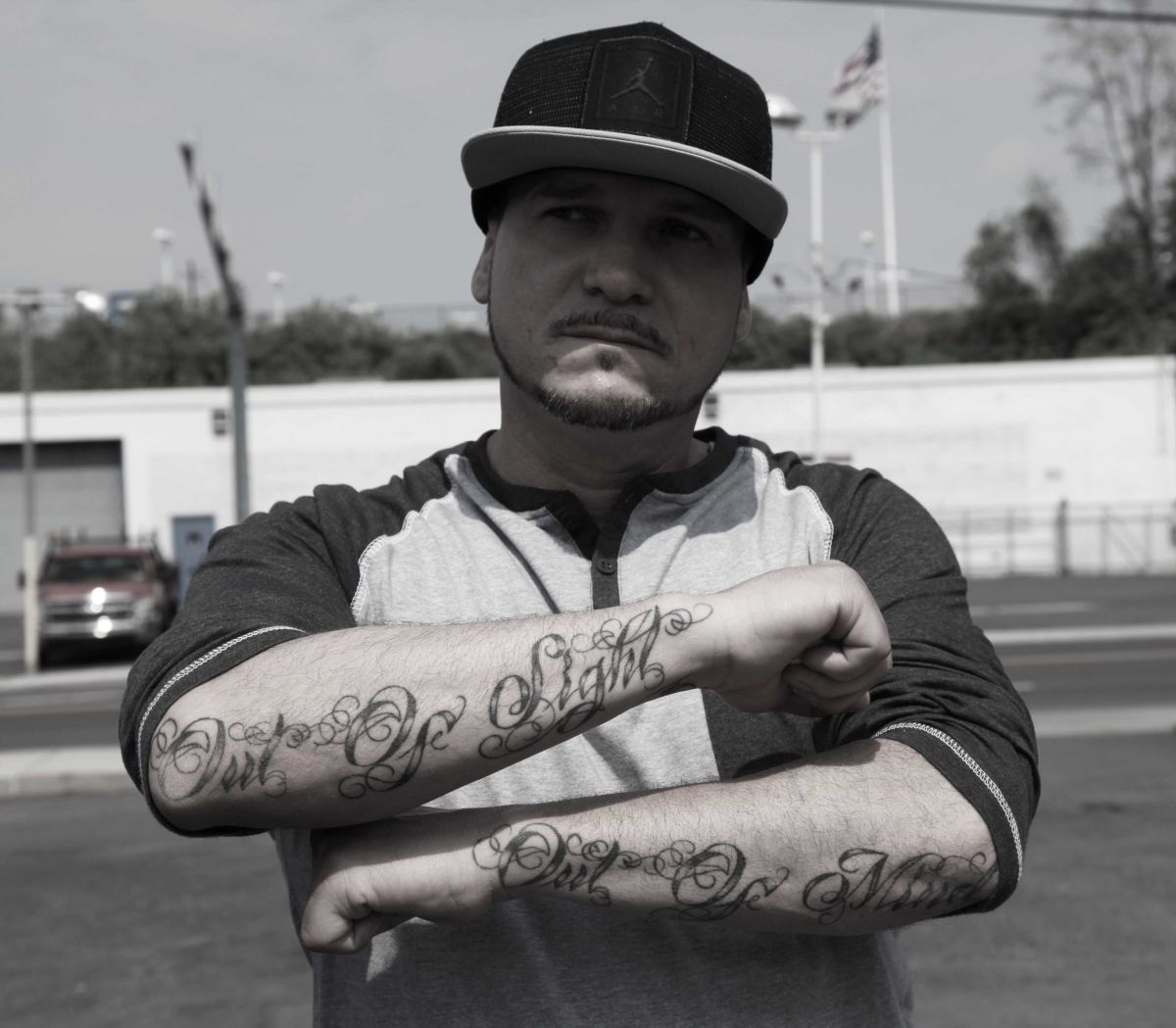Some long-time readers of this blog might remember this post from 2013 December entitled, appropriately enough, “Why I say ‘Happy Holidays'”. Precious little has changed since then, except the assertion that there’s an ever-continuing “war on Christmas” by Christian zealots and similar right-wing types.
If anything, antics of the sort perpetrated by the owners of Berryhill restaurants (as reported by KTRK-TV) seem to indicate there’s a war to shove religious symbolism in the face of those who have already chosen to be atheist, agnostic, or otherwise adopt a non-Christian set of beliefs. Even if the signs come back down, I’m likely never eating at Berryhill again. The food was overpriced and not all that great last time I ate at one; even if it was great, though, to atheists like myself a phrase like “in God we trust” looks as sensical as “in the Flying Spaghetti Monster we trust” or “in Zeus we trust” would to a hardcore Christian.
From the story:
The signs were posted at the direction of Berryhill CEO Jeff Anon. The tipping point for him was the generic red cups used for the holiday season by [Starbucks]. At the time it was described as more inclusive for people of all beliefs.
(If you missed my post about this year’s “plain” Starbucks cups, feel free to catch up now.)
This post at dearblankpleaseblank.com sums things up rather nicely (though it is from a parenting perspective):
Religion is like a penis. It’s fine to have one and it’s fine to be proud of it, but please don’t whip it out in public and start waving it around… and PLEASE don’t try to shove it down my child’s throat.
I would add to that, that a decision made for religious reasons sometimes makes amazingly poor business sense. Chick-Fil-A could easily be in operation seven days per week, letting those with different beliefs to those of the founder have a different day off (I’m sure there are plenty of atheists in any large city willing to work Sundays while the Christians are in church). By closing on Sundays, they are leaving at least 14.2% (one-seventh) of their possible revenue on the table. They still advertise heavily on Sundays during NFL games, though, for reasons I cannot fathom (“hey, let’s go get some Chick-Fil-A after the game!” … “damn they’re closed… so why did we just see a commercial for them?”). I’m sure competing restaurants (KFC, Raising Cane’s, Buffalo Wild Wings, etc) don’t mind the extra business from disgruntled would-be Chick-Fil-A customers wanting a chicken fix.
(Sidenote: nowhere in the Bible does it specifically say which day of the week is the day of rest. Some major denominations, such as Seventh-day Adventists, observe Sabbath on Saturday (or more accurately, Friday sunset to Saturday sunset); most stick to Sunday, and still others say the spirit of the rule (that one day out of the week be taken for rest regardless of which day it might be) is more important than the letter.)
Anyway, such is the case here. It’s the right of a CEO to believe however he/she wants, and to run their business based on their beliefs. However, my experience has shown that business decisions are best made for business reasons, not religious reasons. Or, put another way, mixing religion with business tends toward a negative expected value (EV). Mr. Anon would do well to consult with a PR agency on how to fix the damage, if it’s still fixable (it may not be, at least under the current Berryhill name).
I stand by what I said in 2013 about saying “happy holidays” to include everyone. It’s how I felt then, it’s how I feel now, and it’s likely that I’ll feel the same way for the rest of my life. I’m at the point where I feel any sane human being shouldn’t find it offensive that I say “happy holidays” and certainly should not feel it’s a “war on Christmas” to say “happy holidays” or revert to a simple, all-inclusive gradient cup design for serving coffee and other similar drinks. If being inclusive is that offensive, then there is something very, very wrong with our society, and we need to fix it now.
In research for the 2013 post, I came across Kwanzaa. I mentioned it in the 2013 post linked above. I at first believed the premise behind Kwanzaa was nonsensical, that it seemed silly to make a holiday for the sole purpose of competing with the other winter holidays out of thin air (Kwanzaa didn’t exist until 1965 and was not actually observed until 1966). But then I really, really thought about it on my drive back home from work tonight, and I’ve come to this conclusion: I’d rather have five, ten, or even twenty more holidays like Kwanzaa, than even one more Christian holiday scheduled deliberately to usurp some pagan festival that most unenlightened people have long since forgotten, or at least that Christians would prefer we forget (and which I along with my fellow atheists, humanists, skeptics, etc do our best to help make sure are remembered).
I have a few posts to close out the year with next week, but for now, happy holidays from Rant Roulette. I’ll be back on Monday.


